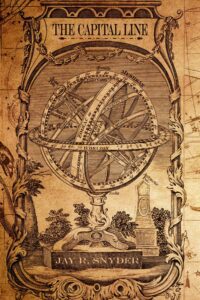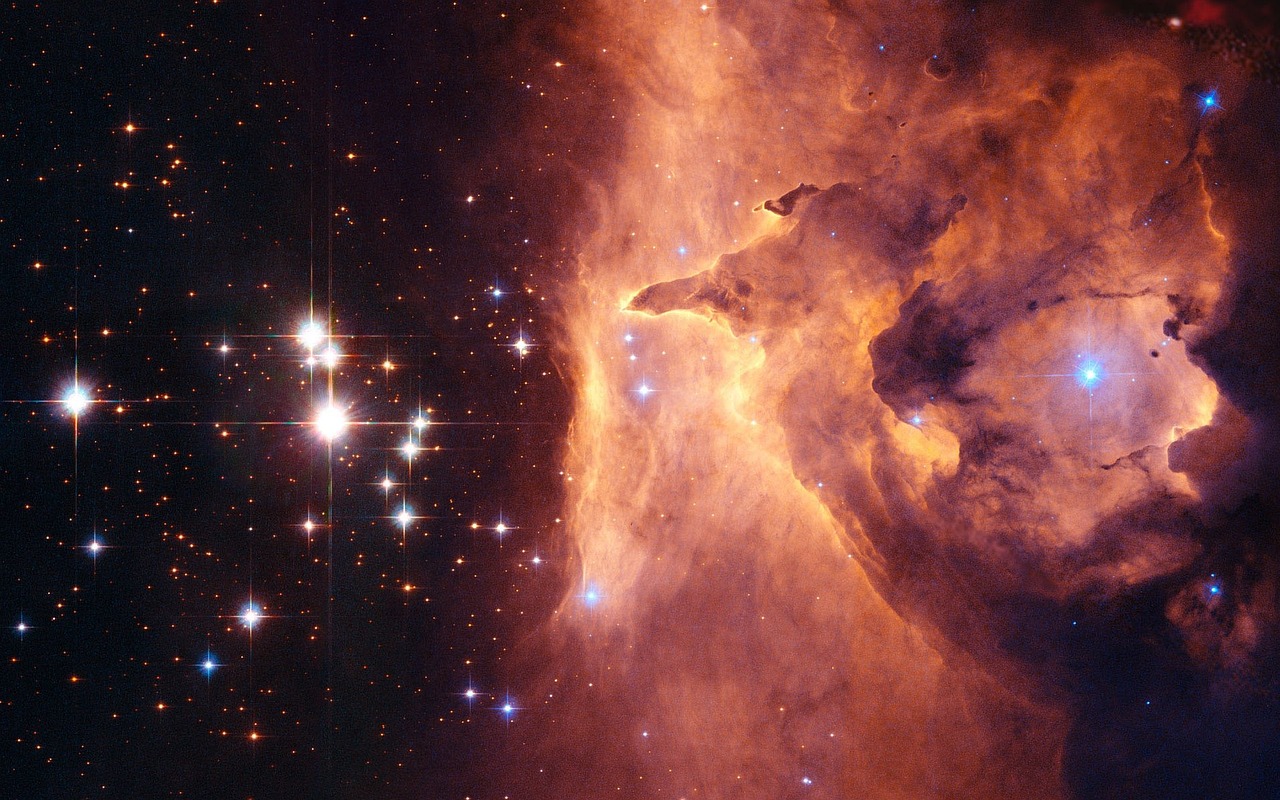Blair March
Spending time looking through the Archives about Cosmology is truly not spending but investing. Reading the material in the Archive results in greater perspective on most any subject, not the least of which is Cosmology.
As I read, I came to realization that cosmology is really a science. A common impression of cosmology is that it is religion. Cosmology evolves from a culture’s knowledge of astronomy; it must take into consideration the physical universe and how it came to be. Scripture tells us that the waters were divided from the waters; Doc E associates that with the physical chemistry of gases separating into air and liquid. In the Cosmology Archive, we can also look at such things as voids. Doc E writes that a void has no time or information, but it still has mass. He also points out that photons don’t just die, but they have mass and as such settle in as a substance. We learn that air has mass and so do shadows. These things are essential in understanding the physical universe upon which a Cosmology is built.
Another statement that amazes me is that the universe is observer-centric. This is not something I ever considered, but it makes sense – we are the observers. Doc E writes that the universe is without a beginning or end. There are other cosmologies such as the Big Bang theory, which are based on the idea that the Universe is a finite thing that has an end and a beginning. The Big Bang also assumes that the Universe is expanding all the time. Yet it makes more sense from an observer’s view to consider that the universe is without end, an idea that is supported in the Christian prayer and Doxology: As it was in the beginning, it is now and ever shall be, a world without end, Amen.
The bigger universe is just like the smaller world we live in. It is always in flux or chaos. The fundamental force is reaction: space is controlled by action reacting to other things. Think of a group of people who do not know how to control their emotions. They are constantly reacting to whatever gets in their face. Doc E states that the universe is the same way.
Cosmology is the study of how the universe formed, and hence Earth, and how it relates to humans. Since none of us were around when the Earth was formed, we can only go by what was observed and studied in the past, and what is known today about astronomy and how space works. If we understand the way space moves and reacts, we can make some credible theories. These theories can then be built upon and adjusted with future observations and knowledge.





